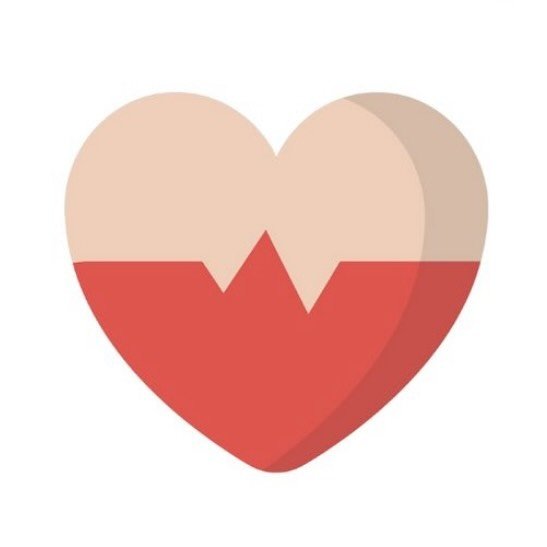As we head into a new term for the Supreme Court, many are keeping their eyes on one crucial case that has significant implications for transgender rights: Tennessee’s ban on gender-affirming health care for minors.
The law in question is designed to restrict access to life-saving medical treatments and procedures that help young people affirm their gender identities. But what does this mean, exactly? For some trans youth, these healthcare services are the difference between living a happy, healthy life or struggling with mental health issues like depression and anxiety.
Now, you might be wondering: how did we get here? Well, it all started when Tennessee passed its own law banning gender-affirming care for minors. The idea was to “protect” kids from what some see as harmful treatments – but the reality is that these restrictions can actually put young people’s lives at risk.
The plaintiffs in this case are fighting back against the state’s attempts to limit their access to healthcare. They’re arguing that Tennessee’s law violates not one, but two crucial amendments: equal protection and due process. Essentially, they’re saying that by restricting gender-affirming care for trans youth, the state is denying them basic human rights.
So what does this mean for transgender rights in general? This case has huge implications – it could set a precedent for other states to follow suit or challenge similar laws across the country. And let’s be real: we need more protections and support systems in place to ensure that trans youth can live their lives without fear of discrimination.
Fred Smith, constitutional law expert and professor at Emory University, joins CBS News to break down this complex issue further. He explains how these legal battles are crucial for shaping the future of transgender rights – not just in Tennessee but across America.
As we wait with bated breath for the Supreme Court’s decision next term, one thing is clear: our country needs more love and acceptance – especially when it comes to supporting young people who deserve equal access to healthcare.

